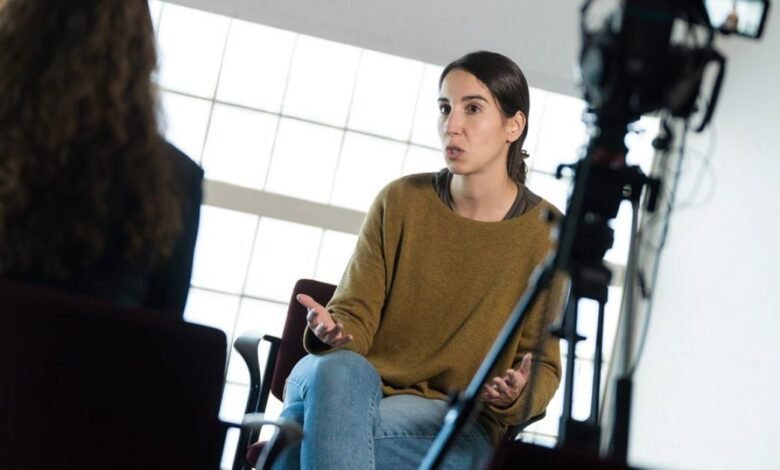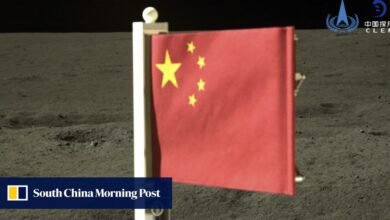There is an art to communicating scientific research

Workshops are highly interactive and encourage feedback between participants. A medical specialist might provide helpful critique on an oceanographer’s description of his work, while an astrophysicist might offer a commentary on a geneticist’s description of his research.
At the heart of the program is an emphasis on authenticity – being true to yourself rather than trying to fit into a preconceived notion of what a science communicator should be or should say. For example, when a scientific presentation feels rote, Kim Rubinstein, professor emeritus in the Department of Theater and Dance and renowned theater director, helps researchers find the spark by tapping into their core motivation for their work.
“We train scientists to talk accurately and passionately about their research and why it matters to them, so that the public can connect with both their research and the human being behind the research,” says Rubinstein. “There has never been a more critical time for scientists to be able to communicate the importance of their research – directly, clearly and authentically – than today.”
The program offers a non-traditional approach to media training and supports researchers as their scientific careers progress and their communication goals evolve. This is accomplished through the diverse experience of four core team members who lead the workshops, including myself, Mario Aguilera ’89, director of communications for the School of Biological Sciences; Debbie Nail Meyer, MS ’94, science outreach specialist with experience in video production; Rubinstein; and Sherry Seethaler, director of educational initiatives.
“The ability to get feedback from experts in science communication and media to experts in theater and performance is an invaluable experience,” says Uri Manor, workshop participant and assistant professor in the School of Biological Sciences. “It was also helpful to do this with other scientists so we could learn from their feedback.”
Seethaler, author of a new book, Beyond the Sage on the Stage: Effectively Communicating Science and Contemporary Issues, recognizes the impact of the program.
“As we work with researchers, they experience many ‘aha’ moments that help them optimize their communication approaches,” says Seethaler. “These discoveries are a true joy to see, as are the aha moments that advance the process of scientific discovery.”
The RCP is funded by a grant from the Gordon and Betty Moore Foundation and led by the schools of Biological Sciences and Physical Sciences with support from University Communications.
This article originally appeared in the Spring 2024 issue of UC San Diego Magazine as “The Art of Communicating Science.”




